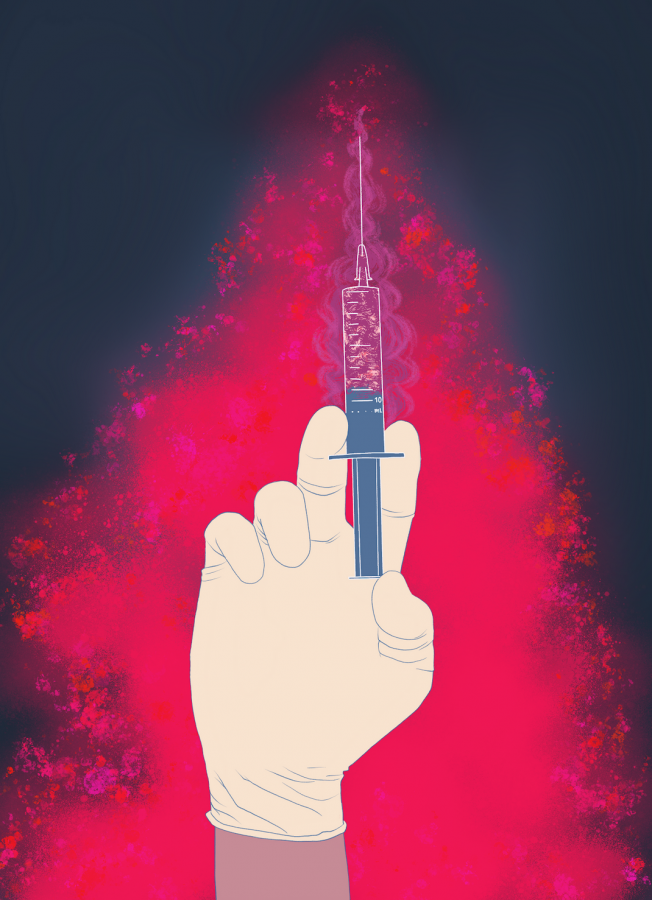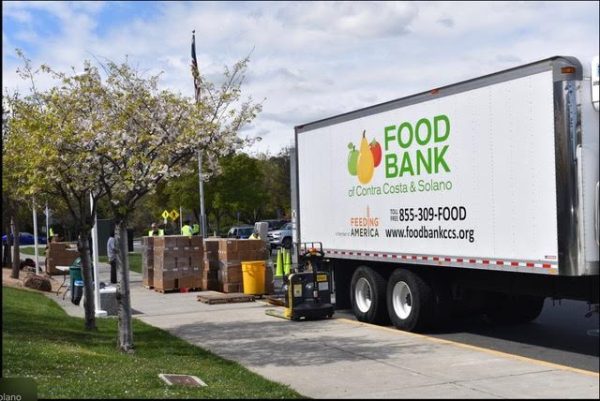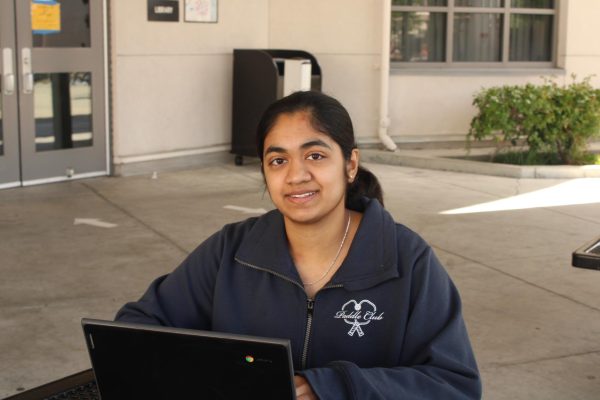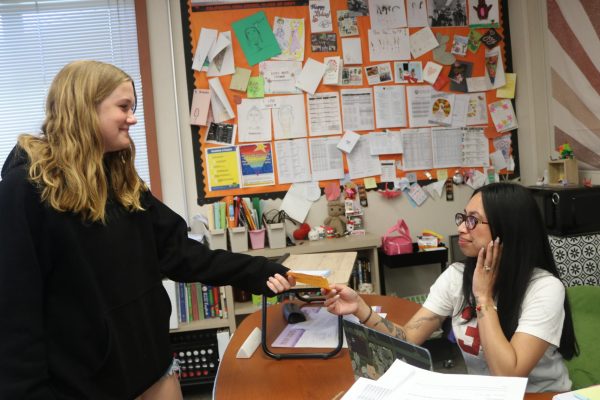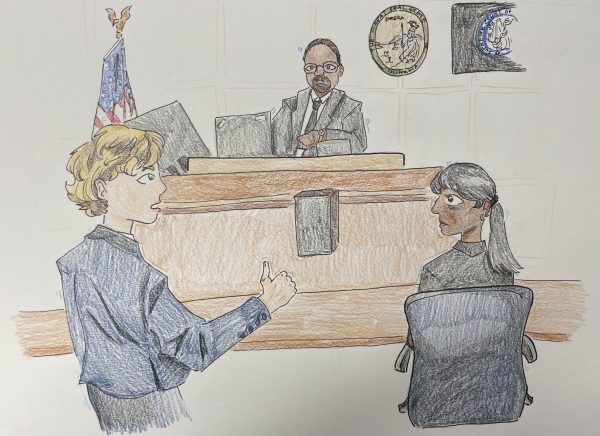Many Americans are leaning against getting the COVID-19 vaccine
Conflicting information about vaccine creates skepticism among much of the population
With a COVID-19 vaccine hopefully near, many people are wondering how many people would willingly take it when it becomes available.
Skepticism about the coronavirus vaccine has steadily been on the rise as concerns about the legitimacy of a vaccine have been widespread throughout the American population.
The prospects of a vaccine for COVID-19 are always changing. Americans have not received any clear answers about when they will receive the vaccine. And even when one is finally released, some people might not get it.
In mid-September, only 50 percent of American adults indicated they would take a free, FDA-approved vaccine, according to Gallup, a global analytics firm, This is down from July, when two-thirds of American adults said they would take a COVID vaccine.
The concern about a potential COVID vaccine extends to Cal High students and staff.
Precalculus and Algebra teacher Robert Pitts has certain criteria that needs to be met before he is willing to to take the vaccine.
“There has to be a significant measurable risk of the disease,” Pitts said. “I’ve got to have confidence that…the sign-off does not appear to be political but the sign-off on the vaccine is done by the appropriate people.”
In a hypothetical world where COVID-19 cases are lower, Pitts equates the COVID-19 vaccine to vaccines of yellow fever and cholera. The vaccines exist, but he does not take them.
“I’m not against medicine, but you’ve got to weigh the benefits with the risk,” Pitts said. “If the vaccine comes out so late that the risk of contracting the virus is extremely low, then I probably wouldn’t.”
Similar to Democratic Vice Presidential nominee Kamala Harris, freshman Nithyasri Palanismy is skeptical of a vaccine approved by the Trump administration.
“There’s a lot of misleading information that [Trump] is giving out, so I wouldn’t completely trust that,” Palanismy said. “I would probably get it from credible doctors.”
In the final presidential debate on Oct. 22, President Trump stated that the vaccine was ready and would be released in weeks. When asked if he could guarantee the statement, he backtracked stating it would be available by the end of the year. Trump then erased his previous statement by adding that as soon as we get the vaccine, the military will distribute it.
“Millions of doses will be available every month,” Trump said during a press briefing mid-September. “We expect to have enough vaccines for every American by April [2021].”
As of the publication of this article on Nov. 6, no vaccine has been approved or released to the public.
During the Oct. 22 presidential debate, Trump stated that the vaccine was ready and would come from the Johnson and Johnson trial.
But on Oct. 12, Johnson & Johnson paused all COVID-19 trials because of an unexplained illness that one of the volunteers contracted. It is not known if the volunteer contracted an illness from the vaccine itself or from outside sources. No further information has been released.
In contrast to Trump’s claims, health officials estimate that a vaccine will not be ready until well into 2021.
Freshman Esha Setty agrees with Pitts, saying that information on the vaccine is always changing. She is concerned about the vaccine being pushed too quickly.
“They’re rushing it too much,” Setty said. “Everyone’s putting deadlines on it so there’s a higher chance that there’s a mistake along the way.”
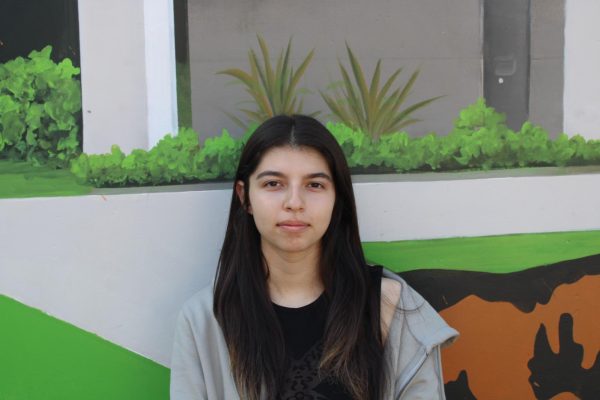
Senior Asiyah Ally is a News Editor for The Californian. This is her fourth year in the newspaper and she’s looking forward to her last year of high...
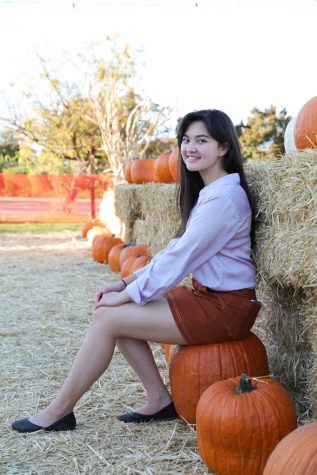
Isabelle is contributing to her second year of newspaper as The Californian's online editor. After her first year as a reporter and artist at the publication,...

